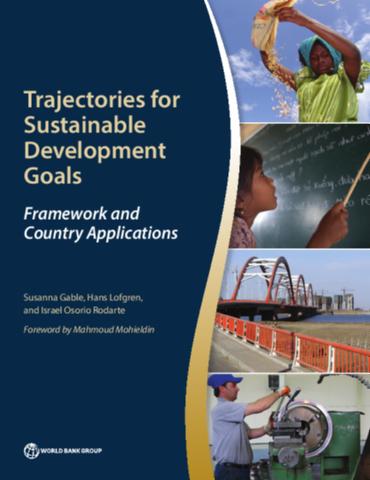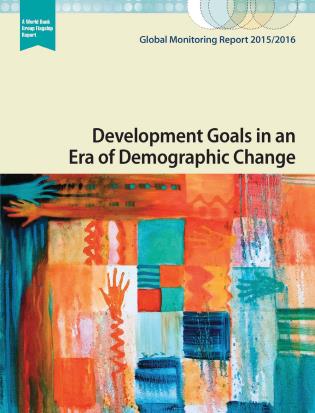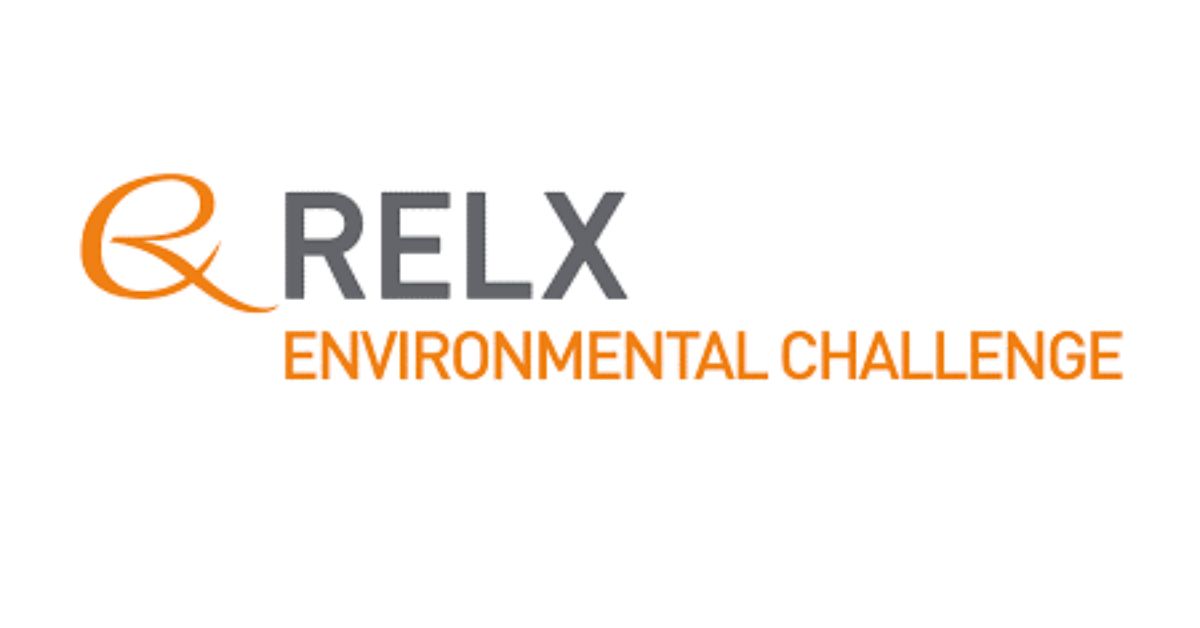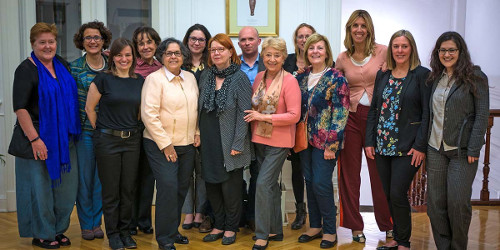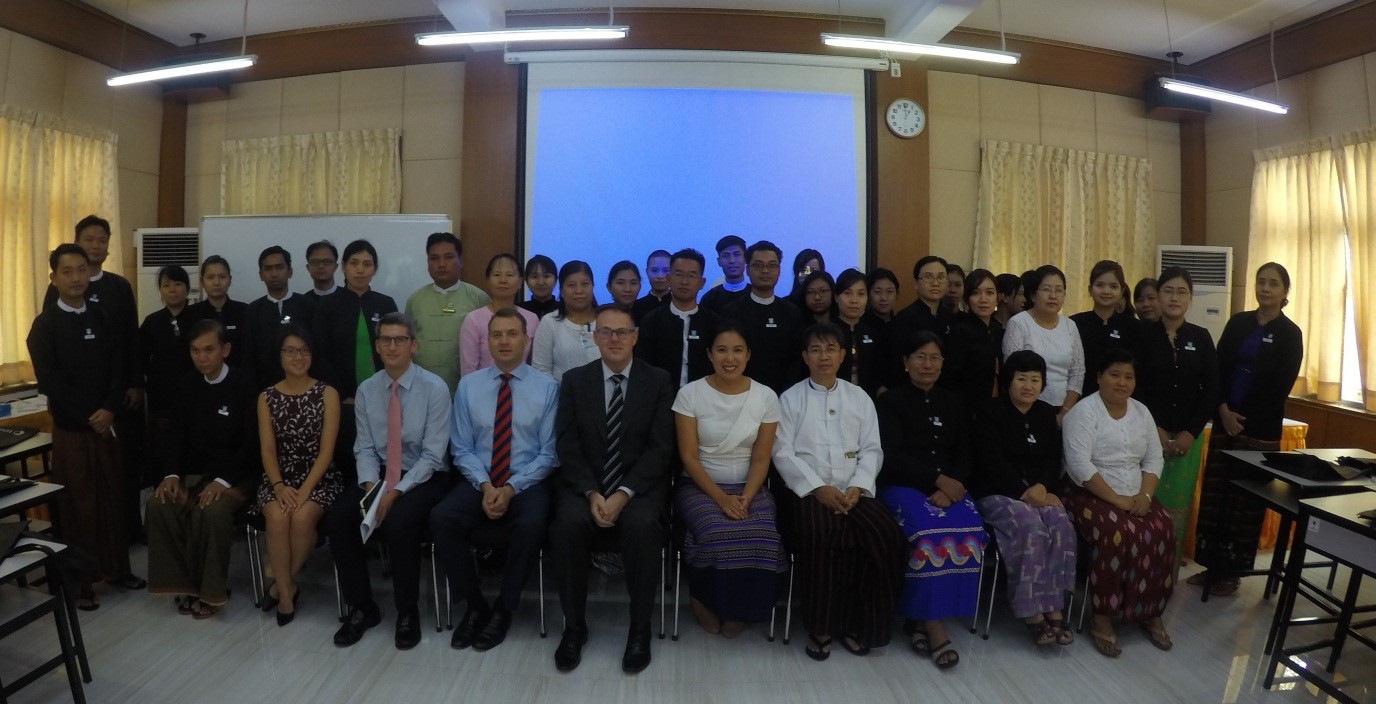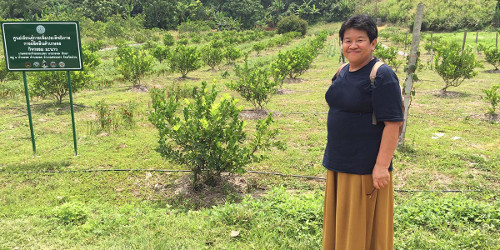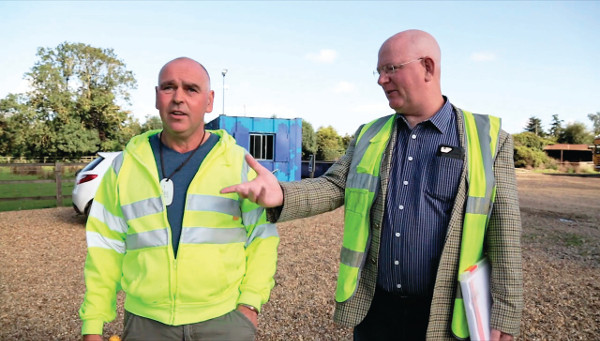This book presents the country development diagnostics post-2015 framework, developed by the World Bank Group to assess the country-level implications of the post-2015 global agenda, as well as brief, ‘at-a-glance’ applications of the framework to ten countries: Ethiopia, Jamaica, the Kyrgyz Republic, Liberia, Nigeria, Pakistan, Peru, the Philippines, Senegal, and Uganda.
Partner content
The 2015/2016 Global Monitoring Report, produced jointly by the World Bank and International Monetary Fund, details the progress the world has made towards global development goals and examines the impact of demographic change on achieving these goals.
RX,
World Travel Market, Responsible Tourism Blog, June 2017
Tourism and hospitality are labour intensive, with 8% of the global workforce employed in the sector. The critique of employment conditions in the sector is deeply rooted, low remuneration, anti-social hours, insecurity, limited access to training and poor career progression are charges regularly levelled at the industry. The World Responsible Tourism Awards showcases many examples of companies choosing to have inclusive labour practices.
RELX,
October 2016
The RELX Group Environmental Challenge is awarded to projects that provide sustainable access to safe water where it is presently at risk and/or access to improved sanitation. Projects must have clear practical applicability, address identified need, and advance related issues such as health, education, or human rights. There is a $50,000 prize for the first place entry and a $25,000 prize for the second place entry. This directly assists SDG 6.1 and 6.2 to achieve universal and equitable access to safe and affordable drinking water and access to adequate and equitable sanitation and hygiene, for all.
RX,
World Travel Market, Responsible Tourism Blog, June 2017
At the heart of Responsible Tourism are commitments to transparency and accountability. It is a process of addressing the sustainability issues which arise in a particular place and which the business can do something about, materiality matters. But it is not enough to focus only on the process, it is important to report the achievement. This blog explores reporting frameworks, rating initiatives, certification, recognition and showcases best practice.
Elsevier,
The Elsevier Foundation
Gender InSITE is an international initiative to promote the role of women in science, innovation, technology and engineering - supporting the goal of SDG target 10, Reduced Inequalities. The Elsevier Foundation has been a long-time advisor and supporter of GenderInSITE, most recently providing a $40,000 grant for two thematic workshops in 2017: one addressing Latin America, exploring how a gender perspective in science education is indispensable to a sustainable development and the second in the South African region focusing on Gender and Innovation.
LexisNexis Legal & Professional,
LexisNexis Asia Pacific, 8 June 2017
The burgeoning economy in Myanmar is creating much opportunity in the country but this is putting a strain on the judicial system which is trying to keep pace with development. The Juris Pilot addresses the need for greater knowledge of international contract law by training government legal staff. Sharing knowledge between professionals advances SDG 16.3 to promote the rule of law at the national and international levels.
Estates Gazette,
6 June 2017
Smart cities use data and technology to drive energy efficiency and are on the increase. The advantages of integrating energy efficient technologies into building planning and urban modelling are understood, but what are the risks? This article considers the threat of cyber crime on smart cities and the technology that these cities rely on, drawing out the links between SDG 7 and SDG 9. On the one hand, smart cities support the need for open data whilst on the other hand increased protection and security of that data will be required to avoid the threat of cyber attacks.
Elsevier,
Elsevier Connect, 2 June 2017
Many countries are experiencing economic benefit from a surge in tourism, but once pristine landscapes are changing and local communities rarely benefit from the tourism, and instead run the risk of losing their livelihoods. Researchers in Thailand are investigating “creative tourism” – creative, sustainable approaches to tourism, that enable producers and consumers to relate and get value from their connections. This supports the tourism elements of SDGs 8, 12 and 14.
Farmers Weekly,
2 June 2017
Finishing 3,000 dairy-bred beef cattle on waste food while producing green energy and fertiliser as by-products is the sustainable model for one Cambridgeshire farmer and his business partner. This approach helps meet the criteria for SDG 7 of access for all to affordable, reliable, sustainable and modern energy and SDG 12 which promotes responsible consumption and production.
